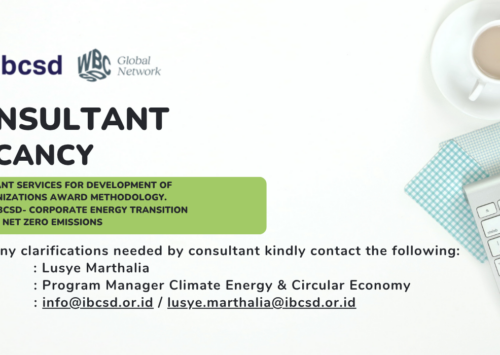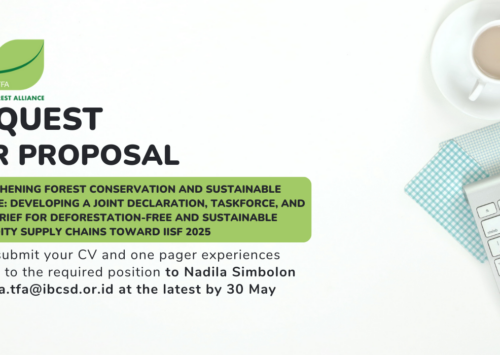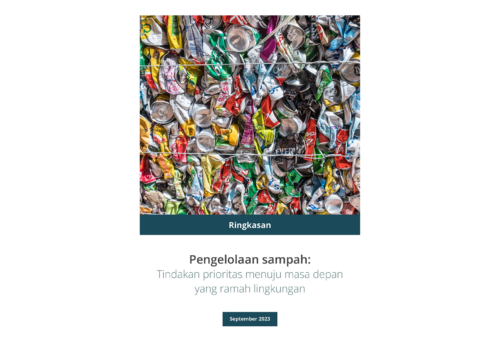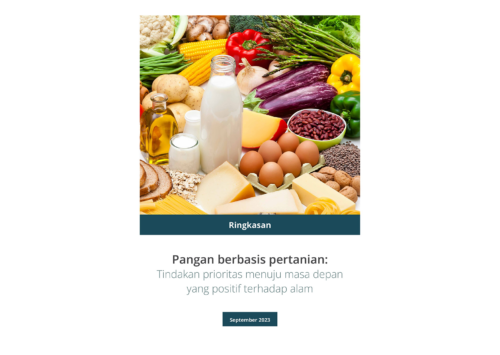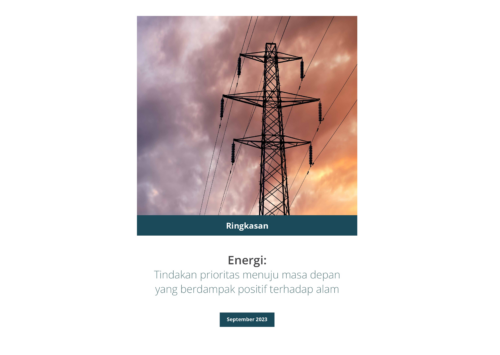Environmental Expert Associate at the Directorate of Waste Reduction of the Ministry of Environment and Forestry, Asep Setiawan, said, “We must work together to encourage the national and local governments, as well as all the penta-helix stakeholders to be involved in waste reduction”. He also highlighted that legal certainty regarding this is needed.
EPR has become mandatory, requiring all producers in the manufacturing, brand, retail, food and beverage service sectors to limit waste generation, take back the packaging, and recycle. This road map is set for 10 years. It’s important that business actors prepare themselves through planning documents, calculating the baseline, and implementing it. EPR is a circular economy tool, whereas producers can maintain the circularity of a product or material that will become waste to be reused, so as to maintain the use value of the goods and eventually can control environmental pollution.
One option for producers to achieve their waste reduction goals is through plastic credits. The Ministry of Environment and Forestry acknowledges it as one way to contribute to waste reduction strategy. Representative of PCX Markets, Faisal Yusuf, said that plastic credits can be counted as part of the 30% waste reduction target by producers.
Plastic credits, similar to carbon credits, are a market-based mechanism designed to mitigate plastic pollution. Businesses can invest in or purchase credits equivalent to the amount of plastic waste they generate, with funds directed toward plastic waste reduction and recycling projects. These credits incentivize the reduction of plastic usage and the support of initiatives that combat plastic pollution, ultimately helping to balance the environmental impact of plastic production and consumption while fostering a more sustainable approach to plastic management.
